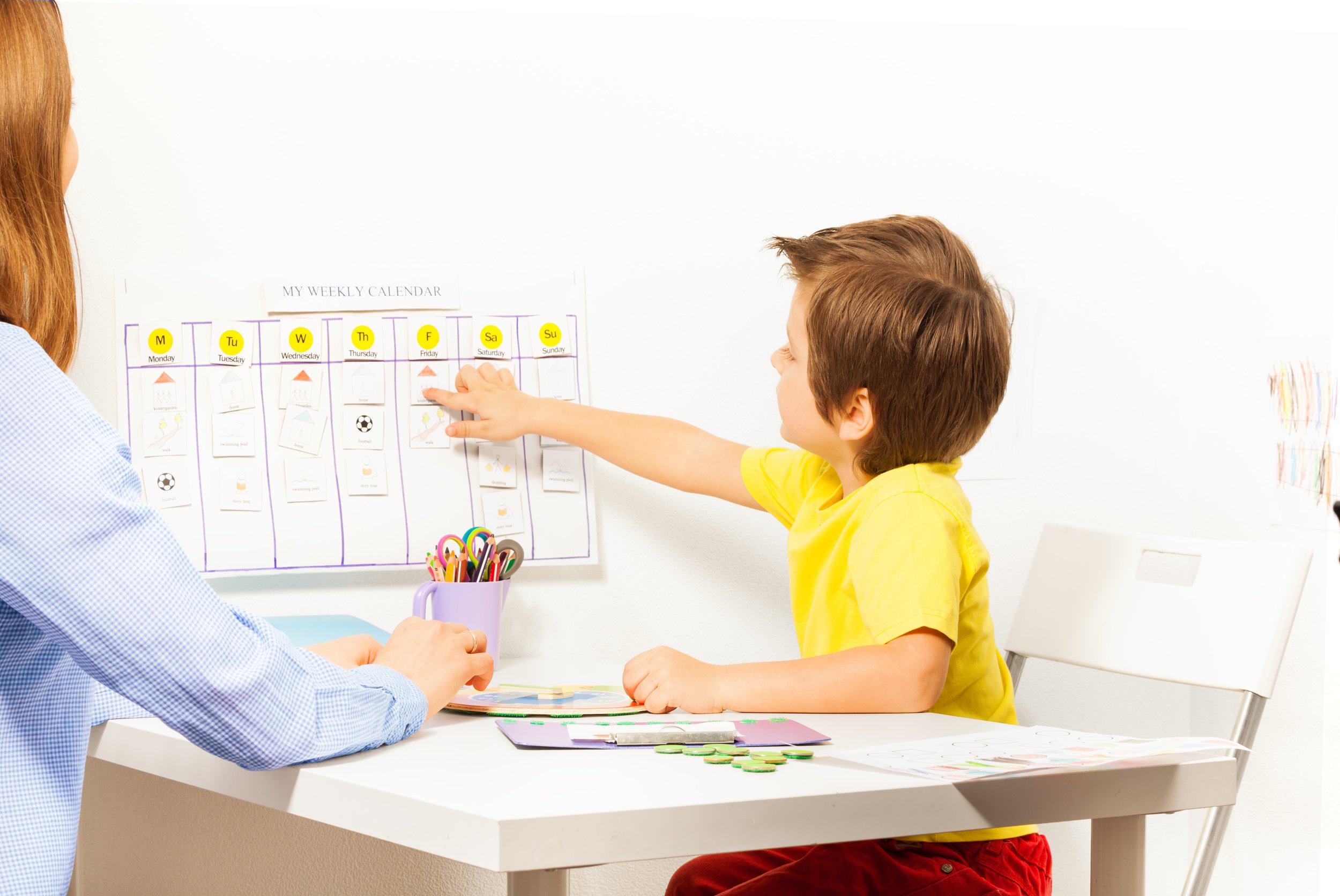Why You Need a Homeschool Review Mid-Year
The halfway point of your homeschool year is a great time to check in with your kids about what's working — and what isn't.
For many homeschoolers, the year is halfway through, and maybe you are wondering what you’ve accomplished? The New Year is a perfect time to reflect on your homeschool plans, and give a good review of everything you have done so far. Rather than feel pressured to do what other homeschool families are doing, take time to reflect on what is, and isn’t working in your homeschool.
A mid-point review will propel your homeschool forward and help you tweak areas that need a little extra attention. Here are five tips for reviewing your homeschool year.
Whenever a new year approaches, I start with the goals I set way back in the summer.
1. Review your goals
Whenever a new year approaches, I start with the goals I set way back in the summer. The wonderful thing about goals, is that they can be changed. Take a hard look at what worked, what partially worked, or what didn’t work at all. Adjust your goals as needed, or write new ones. As homeschooling parents, we sometimes get goal setting wrong for our children. Just as we think we have it figured out, the kids do a complete one-eighty and turn us on our backsides. Kids learning does not happen in a straight line, so know that your goals will need adjusting, rewriting, or just plain tossing out.
2. Stay organized
Staying organized is paramount in homeschooling. Believe it or not, I was far more organized homeschooling three children than I am with just one. Keeping up with three kids, each with five-plus subjects and extracurriculars, is enough to make any homeschooling mom a bit crazy. I had a detailed system each week for doing lesson plans, reviewing work, and reaching goals. As the last child moves up through the ranks, I find that I’m still organized, but perhaps far more relaxed.
At the midpoint of the year, I review several things:
Is my child on track with the amount of work completed? Is he chapters behind, on track, or ahead? If lagging, a schedule change may be in order. If your child is ahead, it may indicate that a more challenging curriculum is needed. Be aware that children often learn in bursts and might tackle several topics or chapters very quickly. They might also struggle with topics that are challenging and spend significant time to complete them. A few weeks behind or ahead doesn’t likely warrant an immediate change. Observe to see if a speed-up or slow-down is a recurring pattern or the normal ebb and flow of childhood learning.
Is the quality of work acceptable? Is my child getting the work done just to get it off his plate? Or is he spending quality time on the topic?
Are grades on point? If you use grading as a measurement in your homeschool, are your children where you want them to be? Do you need to outsource extra help to get them over a hump?
What curricula is not working? Don’t be afraid to toss that math curriculum if it’s making everyone miserable, and doesn’t encourage learning.
Is your portfolio up to date? Those in states that require mid-year reporting, or portfolio review will want to stay on top of paperwork. Take care of that now before the mid-point review.
Ask your children what is working, and do more of that. Toss out, adjust, rearrange, or revamp what isn’t working. Involved kids are more invested in their learning.
3. Don’t Worry What Others Are Doing
Comparison can quickly derail any homeschool. The quickest way to feel like a failure is to compare yourself with other homeschooling families. It doesn’t matter if the Jones’ children go to music class every day and play five instruments. Homeschooling allows us to meet our children where they are and to create a learning environment developed specifically for them. Comparison will always make you feel like you are living in a world of lack, rather than abundance. Celebrate the milestones and joys along the way, and resist the urge to compare.
4. Avoid Overwhelm
Overwhelm can quickly turn the best day, into the worst. If a mid-year review has you wondering if you were ever out of your car for more than five minutes or wondering how you managed to get any homeschooling done, you might need to scale down what you are doing. Jam-packed schedules can lead to burnout and overwhelm. Are the fun things constantly being pushed to the side so that you can squeeze in one more activity? Take a hard look at your schedule to see what can be dropped in the coming year. Drop things that no longer serve you or your child (clubs, playgroups, co-ops, homeschool groups, music, classes, sports, etc.). Save your time for those things that make your heart sing.
5. Ignore Opinions
Don’t give power to people who aren’t responsible for making decisions about your children. Friends and relatives may be full of advice, ready to tell you what they think you should do. Relatives may be quick to point out all the things that they think are going wrong, where you lack in parenting skills and knowledge, and what your children need in terms of a solid education. Let them know that their opinion isn’t needed at this juncture because you have made the best decision possible for your kids. Spend some time creating appropriate responses that honor your choices, while emphatically letting them know that you have it all under control.
Mid-year reviews are a perfect time to reflect on all you have accomplished and where you want to be in the coming months. Reviews are also a great way to open the lines of communication between parent and child.
If you feel like you are never accomplishing enough, keep a journal of your daily activities, milestones, and significant leaps in learning. It’s an incredible reminder of the path you have chosen in home educating your child!
































BEVERLY BURGESS is a Homeschool Coach, Blogger, Inspirational speaker, and author of Out of the Box Learning~Empowering YOU On Your Homeschool Journey.
She lives in Rhode Island with her husband and three children.